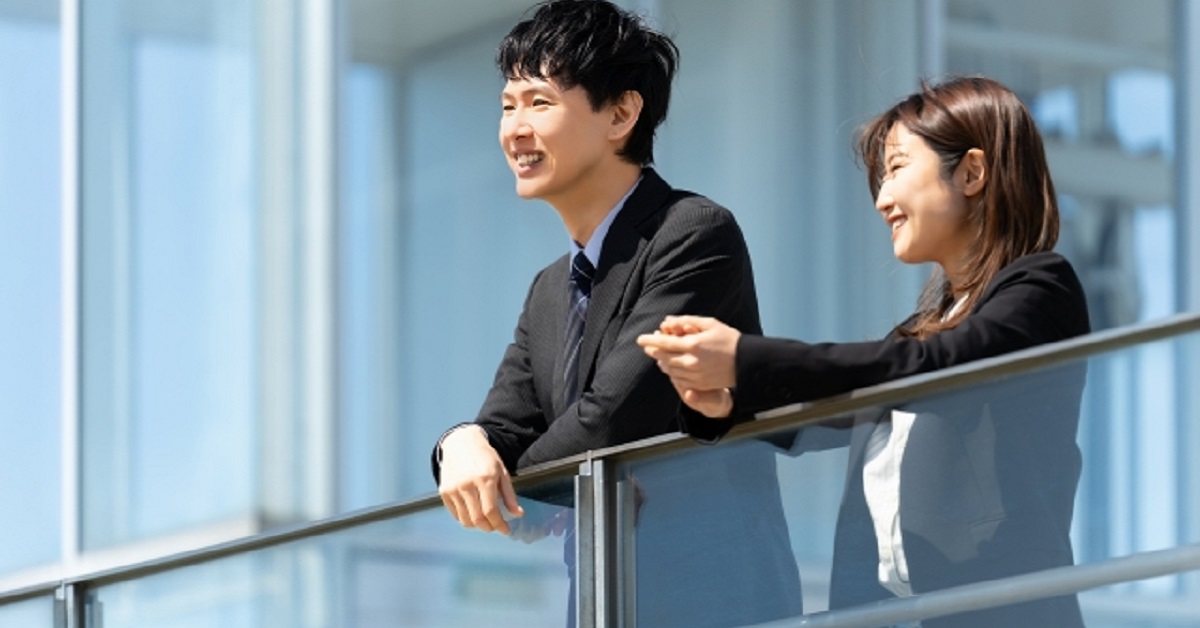In Japan, “Senpai” is more than just an older person—it represents a relationship built on trust, learning, and mutual respect.
Within schools and workplaces, Senpai guide their juniors through experience and wisdom, forming the foundation of harmony in Japanese society.
What Does “Senpai” Mean
A Senpai is someone who joined an organization earlier than you, regardless of age. The relationship is based on experience, not seniority by age.
For example, even if two people are the same age, the one who joined first is the Senpai, while the other becomes the Kouhai (後輩, junior). This dynamic is fundamental to building trust and social order in Japan.
| Term | Reading | Meaning |
|---|---|---|
| Senpai | せんぱい | A person with more experience or seniority in a group |
| Kouhai | こうはい | A junior member who learns from others |
| Douki | どうき | Someone who joined or entered at the same time |
The word “Senpai” symbolizes a culture of mutual respect and acknowledgment of experience, rather than a strict hierarchy.
The Role of Senpai in Japanese Society
In Japan, a Senpai is expected to be a model of behavior and a guide for others. At school or work, Senpai teach juniors manners, skills, and even how to adapt to group life.
In schools, Senpai often teach basic rules and techniques in club activities. In workplaces, senior employees train new hires and help them learn not just tasks but also how to act professionally. This relationship creates a sense of unity and mutual trust within the organization.
| Setting | Senpai’s Role | Kouhai’s Actions |
|---|---|---|
| School | Teach manners, skills, and rules | Greet politely and show respect |
| Workplace | Guide on work procedures | Report, communicate, and consult properly |
| Club activities | Maintain discipline and teamwork | Show gratitude and willingness to learn |
Thus, the Senpai–Kouhai relationship is not just a hierarchy but a system of mutual support. Juniors learn from their seniors, while seniors gain pride and responsibility from guiding others.
Honorific Language and the Senpai Culture
One of the key features of the Japanese language is Keigo (敬語), or honorific speech, which expresses respect and politeness.
When speaking to a Senpai, it’s common to use polite expressions. The way you speak changes depending on the relationship and level of familiarity, and this change conveys respect.
| Situation | Casual Expression | Polite Expression |
|---|---|---|
| Greeting | “Otsukare!” | “Otsukaresama desu.” |
| Asking a question | “Are you going tomorrow?” | “Will you be going tomorrow?” |
| Expressing gratitude | “Thanks!” | “Thank you very much.” |
Through such expressions, respect and consideration are conveyed naturally through language.
Mastering this distinction is essential for building good relationships in Japan. At the same time, Senpai are also expected to be approachable and supportive, not authoritarian.
The “Senpai” Concept in Anime and Manga
Anime and manga have made “Senpai” a globally recognized word. In many school-themed stories, juniors admire or look up to their Senpai, often expressing feelings of respect, affection, or even admiration.
| Scene Type | Expression | Meaning |
|---|---|---|
| Romance | “Senpai, notice me!” | Desire to be acknowledged by one’s admired senior |
| School life | “Kind Senpai” | A caring and respected figure |
| Sports story | “Strict but dependable Senpai” | A disciplined yet trusted leader |
Such portrayals reflect the Japanese ideal of human relationships—respect, trust, and emotional connection.
In global fan communities, “Senpai” has come to mean not only “senior” but also a mentor or a respected figure, preserving its original nuance of admiration.
What Foreigners Should Understand
For foreigners living in Japan, the Senpai–Kouhai relationship can seem complex at first. However, the core principle is not hierarchy, but thoughtfulness and gratitude.
By focusing on respect rather than formality, you can build positive and lasting relationships.
| Key Point | Explanation |
|---|---|
| Respect experience | Prioritize knowledge and tenure over age |
| Use polite speech | Use Keigo when speaking to seniors or in formal settings |
| Express gratitude | Always thank those who teach or guide you |
| Read the atmosphere | Understand social cues and adjust your behavior accordingly |
Once foreigners grasp this concept, their communication in Japanese workplaces and communities becomes much smoother.
In Japan, courtesy and empathy form the foundation of trust, both personally and professionally.
The Ideal Senpai–Kouhai Relationship
A healthy Senpai–Kouhai relationship is not about authority, but about mutual learning and cooperation. Both sides grow by supporting each other, which strengthens teamwork and respect.
| Aspect | Ideal Behavior | Purpose |
|---|---|---|
| Senpai | Guide and support juniors | Build trust and leadership |
| Kouhai | Learn humbly and show appreciation | Demonstrate respect through actions |
| Both | Communicate openly | Encourage unity and collaboration |
In this dynamic, the actions of a Senpai influence juniors, and the enthusiasm of juniors inspires seniors, creating a positive cycle of growth.
Conclusion
The word “Senpai” embodies the essence of Japanese interpersonal relationships. It is based on respect for experience, humility, and mutual support, values that help society function harmoniously.
Through anime, manga, and cultural exchange, “Senpai” has become a word recognized around the world, representing respect, admiration, and learning.
In Japanese culture, maintaining respectful and warm human relationships is key.
Understanding and practicing the Senpai–Kouhai relationship allows one to grasp not only the language but also the heart of Japanese culture itself.






